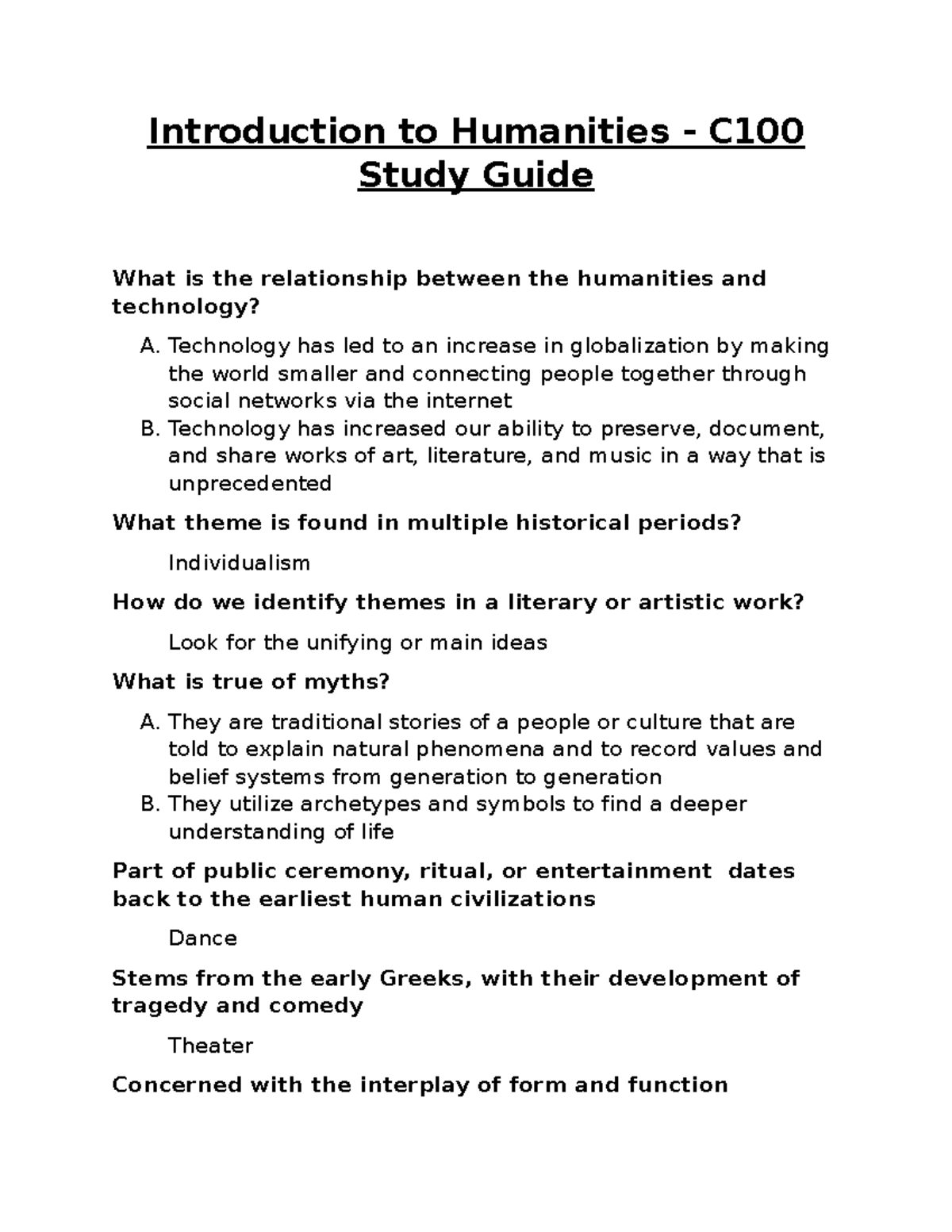Black culture in Switzerland, often overshadowed by the nation’s serene landscape and neutrality, encompasses a vibrant tapestry of experiences and expressions. Artists and scholars like Jessie Cox are illuminating the nuances of Black lives in this context, particularly through his compelling book “Sounds of Black Switzerland.” By intertwining Black studies with critical music analysis, Cox challenges the racial dynamics in Switzerland, shining a light on both the struggles and the possibilities for creativity within the Black community. He delves into subjects such as Afrofuturism and the history of anti-Black sentiments, emphasizing the need to recognize and address systemic inequalities. Ultimately, the exploration of Black culture in Switzerland serves as an essential discourse, revealing that Black lives matter not just in the U.S., but globally, urging a conversation about identity that is overdue in this multicultural nation.
The exploration of African heritage and its impact in Switzerland uncovers a rich cultural narrative that resonates with the broader themes of race and identity. Known for its picturesque vistas and diverse population, Switzerland is home to a growing community that contributes to a dynamic dialogue around Black identity and expression. Scholars like Jessie Cox are redefining these conversations through works that embody the spirit of Black lives matter, navigating the subtle complexities of racial dynamics within Swiss society. By engaging with concepts from Afrofuturism to contemporary Black arts, the discourse expands and invites a deeper understanding of the historical and cultural nuances that shape the experience of Black communities here. As narratives evolve, they emphasize the importance of recognizing these voices in the story of Switzerland, creating a platform where multiple identities can flourish without being confined to marginalization.
Understanding Black Lives Matter Within Swiss Borders
In Switzerland, Black voices have often been marginalized within the broader narrative of race relations. The movement for Black lives is not only a matter of social justice but is also a cultural awakening that resonates deeply in a nation that has historically been viewed as homogenous. Jessie Cox’s recent book, “Sounds of Black Switzerland,” seeks to bridge the gap in understanding about Black culture in Switzerland by expanding the conversation around race and identity. His work reflects on how the principles of the Black Lives Matter movement echo within the Swiss context, challenging the nation to confront its own narratives surrounding race and belonging.
Cox elaborates on how the experiences of Black individuals in Switzerland are shaped by the unique racial dynamics present in the country. He emphasizes that discussions around Black lives must include their contributions, struggles, and cultural influence, which are often overlooked. By linking local stories to the global narrative of the Black Lives Matter movement, Cox highlights the importance of solidarity and awareness in advocating for racial justice globally. In doing so, he advocates for a collective acknowledgment of Black lives and emphasizes that the fight for equality transcends geographical boundaries.
Exploring Black Culture in Switzerland Through Afrofuturism
Afrofuturism offers a lens through which to reimagine the cultural narratives surrounding Black communities in Switzerland. In his exploration of this genre, Jessie Cox aims not only to address the historical erasure of Black identities but also to imagine what a future enriched by Black creativity could look like. Afrofuturism challenges the status quo and invites communities to envision alternative realities, using art and music as crucial elements in this exploration. By intertwining cultural critique with Afrofuturistic expressions, Cox asserts that Black culture in Switzerland is not merely a reaction against racism but is also a source of innovative possibilities.
The notion of Afrofuturism is particularly relevant when considering the works of contemporary Swiss artists who incorporate themes of identity and diaspora into their music. Through his coursework and writings, Cox introduces his students to these innovative frameworks, emphasizing the radical potential of Afrofuturism as a tool for imagining new relationships and social constructs. He draws on examples from Swiss artists who are reshaping narratives through their art, thereby contributing to a broader dialogue on race, identity, and artistic practice that resonates within and beyond Switzerland.
The Intersection of Black Studies and Swiss Identity
The study of Black culture and dynamics in Switzerland invites a deeper understanding of Black studies as an academic field. Jessie Cox’s work goes beyond traditional scholarship by integrating personal narratives with academic rigor, thus creating a holistic view of what it means to be Black in Switzerland today. His book, “Sounds of Black Switzerland,” serves as a crucial text not only for those within the academic space but also for individuals seeking to understand the complexities of race and identity. By engaging with the principles of Black studies, Cox fosters a conversation that is relevant and necessary in the Swiss context.
By examining local cases of racial injustice, such as the tragic stories of Mike Ben Peter and George Floyd, Cox articulates the need for a sustained dialogue about racial dynamics in Switzerland. This approach encourages critical reflection on the societal structures that maintain racial disparity, ensuring that the discourse transcends static academic boundaries. Moreover, Cox’s engagement with both historical texts and contemporary Black contributions provides a comprehensive framework that illustrates the ongoing struggle for recognition and equality within Swiss society.
Cultural Narratives: Prominent Black Voices in Switzerland
In his examination of Swiss culture, Jessie Cox highlights the contributions of significant Black voices, such as the renowned rapper Nativ. By analyzing Nativ’s work, which intricately blends Swiss German with English references, Cox showcases the complexities of identity that arise from living in a multicultural environment. This synthesis of languages and cultures exemplifies the unique position of Black artists in Switzerland, as they navigate their identities while also responding to broader societal issues. The integration of musical genres and languages not only enriches the cultural landscape but also sparks important conversations about representation and visibility.
Moreover, Cox references pioneering texts such as “Farbe bekennen,” demonstrating how historical works continue to inspire current discussions on race and identity in Switzerland. These narratives serve as foundational pillars for understanding the evolution of Black culture in Switzerland and highlight the ongoing need for diverse voices within cultural discourse. By compiling these narratives, Cox not only honors the legacies of these artists but also encourages new generations to engage with their cultural identity and assert their place within the Swiss narrative.
Art as a Medium for Change and Reflection
Cox strongly advocates for the use of artistic practice as a medium for societal change and reflection. He believes that engaging with and creating art provides the space necessary to imagine and articulate new possibilities for race relations in Switzerland. By encouraging artistic expression, Cox posits that communities can cultivate greater empathy and understanding, thus fostering connections across different cultural backgrounds. This perspective underscores the importance of creativity in addressing the systemic issues that affect Black individuals and communities.
In his teachings, Cox incorporates discussions on experimental music and Afrofuturism to challenge students to rethink the role of art in shaping societal values. He emphasizes that artistic endeavors can serve as powerful tools for resistance against oppressive systems, allowing marginalized voices to be heard. Through this artistic engagement, students learn to harness the potential of creativity not only as a form of personal expression but also as a catalyst for communal change and a reimagining of societal constructs.
Challenging Color-Blindness in Swiss Society
One of the critical discussions in Cox’s book revolves around the concept of color-blindness and its detrimental implications for race relations in Switzerland. By ignoring race, society often overlooks the unique struggles and contributions of Black individuals, perpetuating a discourse that minimizes their lived experiences. Cox articulates the dangers of color-blindness, arguing that it serves to erase the identity and history of Black communities, hindering meaningful conversations about race. Through an analytical lens, Cox urges readers to confront these injustices rather than evade them.
In addressing color-blindness, Cox also stresses the importance of incorporating personal narratives into the discourse. By sharing the lived experiences of Black individuals, he aims to dismantle the pervasive myths surrounding Black identity and encourage a more nuanced understanding of race. Cox challenges his audience to embrace the complexity of racial dynamics and recognize the multifaceted nature of identity and belonging in Switzerland, advocating for genuine engagement with these issues rather than complacent acceptance of a simplified narrative.
The Role of Music in Shaping Black Narratives
Music plays a vital role in shaping cultural narratives and identities, particularly within the context of Black experiences in Switzerland. Jessie Cox’s emphasis on music as a form of expression allows for the exploration of both personal and collective histories within the Black community. By analyzing Swiss artists and their contributions, Cox illustrates how music serves as a powerful means of communication and resistance, reflecting the societal challenges faced by Black individuals. He discusses how the themes within these musical works often echo larger issues of race and identity while fostering a sense of belonging and solidarity.
Moreover, Cox highlights the importance of interdisciplinary approaches in understanding Black culture. By bridging the gap between music, literature, and social theory, he argues for a comprehensive examination of how Black narratives have been shaped through various artistic expressions. This holistic approach invites a deeper appreciation for the aesthetic and cultural contributions of Black artists and encourages audiences to engage with the intricacies of their stories, ultimately fostering a richer dialogue about race and identity in Switzerland.
Enhancing Awareness Through Educational Initiatives
Cox’s academic endeavors illustrate the significance of educational initiatives in promoting awareness around issues of race and identity in Switzerland. By incorporating courses like “Music to Re-imagine the World: From Afrofuturism to Experimental Music Across Planet Earth,” he creates opportunities for students to critically engage with concepts of Blackness and its cultural implications. These educational platforms serve as vital spaces for dialogue and reflection, equipping students with the knowledge and critical thinking skills necessary to navigate complex racial dynamics in their communities.
Furthermore, Cox advocates for the inclusion of Black studies within broader educational frameworks, emphasizing the need for curricula that reflect diverse perspectives. By exposing students to the rich history and contributions of Black individuals, educational initiatives can help dismantle stereotypes and promote a more inclusive understanding of Swiss identity. Through initiatives that prioritize diversity and representation, educators can play a crucial role in shaping a future where Black lives and cultures are valued and celebrated.
Imagining New Futures Through Creative Expression
Jessie Cox believes in the radical potential of creativity to envision new futures, particularly in the face of systemic injustices faced by Black communities. Through artistic expression, he contends, individuals and communities can explore and define their identities while also challenging societal norms. The creative process becomes an act of resistance, enabling artists to articulate their experiences and aspirations in a manner that transcends limitations imposed by societal structures. Cox’s work encourages exploration of the imaginative possibilities that arise from embracing and celebrating Blackness across different cultural contexts.
As Cox’s teachings indicate, the engagement with Afrofuturism and other innovative artistic forms serves as a catalyst for redefining notions of belonging and identity. By fostering environments where creativity is encouraged, Cox envisions a future wherein racial dynamics are reshaped through collective expression. Such artistic explorations not only communicate experiences of struggle and resilience but also illuminate the paths toward solidarity, healing, and social transformation in the context of Swiss society.
Frequently Asked Questions
What is the significance of Black culture in Switzerland today?
Black culture in Switzerland holds significant value as it fosters discussions on racial dynamics and promotes awareness of issues like anti-Blackness. This community contributes rich artistic expressions and diverse experiences, challenging the historical invisibility of Black lives in Swiss society.
How does Jessie Cox’s book address Black culture in Switzerland?
In ‘Sounds of Black Switzerland,’ Jessie Cox explores the nuances of Black culture, focusing on its historical and contemporary significance. The book combines cultural critique and music analysis, uplifting Black voices and addressing the complexities of racial dynamics in Switzerland.
What role does Afrofuturism play in Black culture in Switzerland?
Afrofuturism in Black culture in Switzerland provides a framework for envisioning new futures and possibilities within the Black experience. Artists like Jessie Cox reference Afrofuturism to highlight imaginative and creative expressions that reflect the realities and aspirations of Black communities.
How does Black culture in Switzerland relate to the Black Lives Matter movement?
Black culture in Switzerland intersects with the Black Lives Matter movement by raising awareness of racial injustices and advocating for representation. The movement encourages dialogues about the experiences of Black individuals in Switzerland, prompting societal reflection and change.
What contributions have Afro-Swiss artists made to Black culture in Switzerland?
Afro-Swiss artists, like Nativ, contribute significantly to Black culture in Switzerland through music and artistic expression. Their work often challenges stereotypes and highlights the richness of Black life, making it vital to the cultural landscape of Switzerland.
How do racial dynamics in Switzerland affect Black culture?
Racial dynamics in Switzerland pose unique challenges for Black culture, often leading to marginalization. However, initiatives like Black studies, championed by figures like Jessie Cox, strive to create visibility and provoke discussions that encourage understanding and inclusivity.
What inspired Jessie Cox in researching Black culture in Switzerland?
Jessie Cox was inspired by his personal experiences and the underrepresentation of Black voices in Swiss narratives. His research aims to expand the discourse on Blackness and amplify cultural contributions within Switzerland, as well as address pressing issues related to race.
Why is it important to have discussions about Black studies in Switzerland?
Having discussions about Black studies in Switzerland is crucial to acknowledging and understanding the historical and current aspects of Black culture. It promotes inclusivity, educates communities about racial issues, and inspires future generations to embrace diversity.
What are the historical roots of Black culture in Switzerland?
The historical roots of Black culture in Switzerland can be traced back to various migrations and encounters throughout history. Early influences included African migrants, colonization narratives, and more recent movements contributing to a vibrant cultural identity.
How can one support Black culture in Switzerland today?
Supporting Black culture in Switzerland involves engaging with local artists, participating in cultural events, advocating for representation, and educating oneself on racial issues. Allies can help amplify Black voices and foster a more inclusive environment.
| Key Points | Details |
|---|---|
| Jessie Cox’s Background | Cox grew up in Switzerland and found it difficult to discuss Black identity in a predominantly non-Black environment. |
| New Book: Sounds of Black Switzerland | The book focuses on Black experiences and culture in Switzerland, aiming to start conversations around Blackness. |
| Goals of the Book | Cox aims to reveal imaginative possibilities linked to Blackness and highlight issues surrounding anti-Blackness. |
| Influences | Inspired by Nigerian-Swiss composer Charles Uzor and integrates discussions of key incidents involving Black lives. |
| Cultural References | Examines works by Swiss artists like rapper Nativ and references to other seminal works on race in Europe. |
| Educational Contributions | Cox teaches courses that encourage re-imagining the world through music and artistic practices. |
Summary
Black culture in Switzerland plays a significant role in reframing discussions on race and identity. In his book “Sounds of Black Switzerland,” Jessie Cox illuminates the overlooked narratives of Black lives in Switzerland, emphasizing the importance of dialogue concerning race. His work not only critiques existing societal structures but also inspires hope and creativity, showcasing how art can serve as a medium for understanding and transformation. Through his innovative approach, Cox contributes to a broader understanding of Black culture, pushing for recognition and appreciation within Swiss society.


